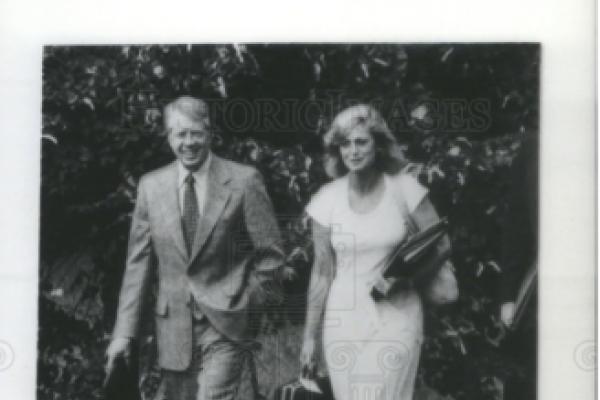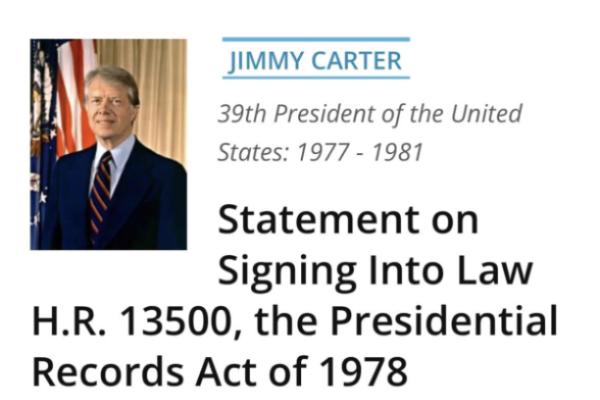In October 2018, an article entitled "Despite transparency law, investment manager contracts for public pensions heavily redacted" appeared in Insider Louisville. It was written by Joe Sonka.
Sonka's article addressed the failure of the Kentucky Retirement Systems to comply with a duty assigned to it *by law* in 2017. The new *law* required the KRS "to improve transparency regarding the administration of the [retirement] systems."
Framed in mandatory terms, it stated, "the board of trustees *shall* . . . post[ ]the following information to the retirement systems' Web Site and *shall* make available to the public" thirteen specifically described information sets. This included "all contracts or offering documents for services, goods, or property purchased or utilized by the systems."
In spite of this statutory duty, Sonka reported, nearly 100 "of the contracts for the investment managers of the Kentucky Retirement Systems (KRS) and the Teachers' Retirement Systems (TRS) have not been posted to the pension plans' respective websites, and many of those that have been posted are heavily redacted."
Incredibly, KRS made no apologies for breaking the law. Officials acknowledged that it was not KRS that redacted the contracts before posting them, it was the investment managers that made the redactions based on *their* interpretation of the open records exception for "trade secret, proprietary information, and things that will put them at a competitive disadvantage."
Indeed, KRS officials blithely commented, KRS did not vet the application of the exception to the contracts "for fear of future litigation" from the investment managers.
Sonka's article unmasked the most outrageously feckless KRS leadership imaginable.
It prompted me to editorialize on this absurd state of affairs. The op-ed, which Insider Louisville published, began with the observation that :
"The Kentucky Retirement Systems has effectively surrendered its recently assigned statutory duty to "improve public transparency regarding the administration of the systems" to the investment managers whose "confidential" contracts with the state contributed to the public pension debacle.
Senate Bill 2, which was enacted in 2017, requires KRS to make public, among other things, "all contracts and offering documents," including "information regarding fees and commissions" paid to each individual investment manager or partnership. The law permits redaction of information that would otherwise be protected under the exceptions to Kentucky's open records law.
Most redactions in the contracts are premised on the exception to the open records law for "records confidentially disclosed to an agency or required by an agency to be disclosed to it, generally recognized as confidential or proprietary, which if openly disclosed would permit an unfair commercial advantage to competitors of the entity that disclosed the records."
On the same day that PBS "Frontline" aired a deeply troubling examination of Kentucky's "Pension Gamble" that focused, in part, on abuses associated with these transactions, Sonka reported that compliance with the one-and-a-half -year-old law has fallen far short of the anticipated mark. Some 100 hundred contracts had not been posted in the most recent quarter and those posted were heavily redacted.
https://www.pbs.org/video/pension-gamble-vlit6o/
Equally disturbing was the revelation that KRS representatives unabashedly acknowledged that it was the investment managers who determined what information the public should and should not see based on the managers' analysis of the exceptions to the open records laws. KRS officials declined to independently review the managers' analysis and "opine on the appropriateness of the redactions" because they fear "future litigation claims from the managers."
Now that's a novel twist on government transparency and accountability.
Senate Bill 2 assigns responsibility to KRS to improve transparency by making these records public by means of proactive disclosure. The language of the statute is mandatory. KRS's failure to independently analyze and make public the nonexcepted parts of the agreements is equivalent to an endorsement of the investment managers' no doubt over-expansive construction of the open records exceptions.
Sonka notes, for example, that almost half of the lines in the three-page table of contents of a recently posted contract were redacted. A table of contents that contains information "generally recognized as confidential or proprietary?" Really?
Proactive disclosure of public records does not trigger the adversarial process for dispute resolution that exists under the open records law and that often begins in an appeal to the Kentucky Attorney General. In that adversarial process, an agency must prove that nondisclosure of public information is legally justified.
But in December 2016, the Attorney General issued a decision in an open records appeal declaring that KRS improperly withheld its agreement with KKR Prisma. While the OAG agreed that investment strategy detailed in the agreement was confidential, "KRS ha[d] not specified or made a case for any claimed categories of 'other proprietary information.' "
The OAG attached no importance to a confidentiality agreement between KRS and KKR Prisma.
Before the enactment of Senate Bill 2, KRS was on notice that an expansive interpretation of the exceptions was legally unsupportable and that the existence of confidentially agreements did not override the mandatory disclosure provisions of the open records law.
Since the enactment of Senate Bill 2, KRS has been on specific notice that the public's right to know is superior to any rationale cited in support of secrecy in its dealings with investment managers. Its failure to acknowledge that it owes a higher legal and moral duty to Kentucky's public employees, not to mention its taxpayers, than any purported obligation to its investment managers, their self-serving interpretations of Kentucky law, and baseless confidentiality agreements, is outrageous.
KRS is, after all, the servant of the people and not its investment managers."
Sadly, since Sonka's article and the op-ed appeared in Insider Louisville, things have gotten worse. In 2019 Representative Lisa Willner, D-Louisville, filed HB 126 in an attempt to address, among other things, KRS's continuing failure to post management contracts. Her bill failed.
Instead, HB 489 was enacted in the 2019 Regular Session. Experts argue that it facilitates even greater secrecy by eliminating the CFA Asset Manager Code of Conduct. First required under Kentucky law in the wave of SB 2 reform, the CFA Asset Manager Code of Conduct contains more rigorous standards of accountability, requiring full disclosure of fees and performance transparency. It apparently caused considerable heartburn on Wall Street and opponent's voices were heard in Frankfort.
Once again, KRS subordinated the public's interests to those of its investment managers by eliminating the more stringent CFA requirements.
https://insiderlouisville.com/government/state/rep-willner-files-bill-t…
Sadder still, from my personal perspective, is the July 29 announcement that Insider Louisville will cease publication on August 7. The cost of operating as a nonprofit news organization supported by donors, the publication reported, is no longer sustainable. Joe Sonka's clear, exhaustive, insightful, independent, and fearless reporting, along with that of other Insider Louisville staff writers like Olivia Krauth, will be missed â at least temporarily — as they relocate to other (local, we hope) media organizations.
In announcing that it would cease publication on August 7, Insider Louisville expressed hope that local media "will keep local and state officials honest and continue to push for much-needed transparency. It is no longer hyperbole to say that Democracy hangs in the balance."
On that, we can all agree.



